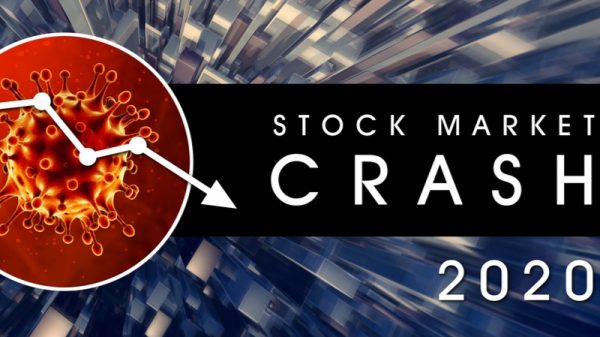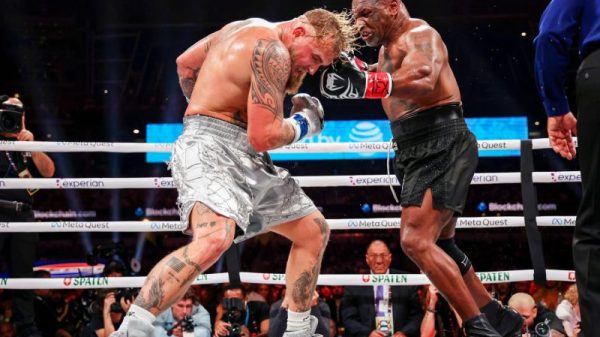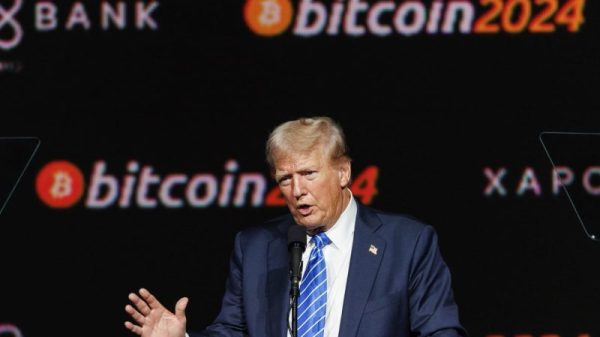For example: You see a credit spread with a market of $1.00 bid and $1.60 ask. There is little chance of selling the spread and collecting $1.45 or $1.50 (unless the price of the underlying asset changes). To achieve that price, there would have to be a buy order for the spread you are selling; the order would almost certainly have to originate from a retail trader; and your offer would have to be the lowest available price. That’s quite a long shot.
For the most part, we have to trade with market makers. However, if the options we trade are very active, it is quite possible (don’t expect it to happen very often) that one customer may bid for the option we want to sell while another is offering the option we want to buy. When that happens, our broker’s computer should be able to spot the bid and offer and almost instantaneously trade with both orders to complete your trade at a favorable price. That’s the theory. In practice it would require that both orders be present simultaneously and that neither order is good enough to get filled immediately, and that there is no other order (similar to yours) that could grab those two option orders before your broker’s computer can act. That’s asking quite a bit.
The point is that trading is not cheap. Every time we enter an order we must expect some slippage (getting orders filled at a price that is worse than the midpoint). If we assume the middle price—between the bid and as— is a fair price, then almost every trade is going to be worse than that fair price. Because that happens we cannot afford to trade too frequently. NOTE: Do not refuse to make an important trade just to avoid slippage.
When we use income-generating strategies, we earn money through positive theta (time decay). We overcome that slippage by holding on to our trades. It is important to recognize a potential mindset error: We are not entitled to time decay profits. When we hold any position, the market may not behave. We may wait for theta to come our way, but we could lose far more money than theta provides. Waiting is not without risk.
We cannot ignore this risk and must apply our risk management skills as needed. We hold positions when they are working, risk is within our comfort zone, and there is no other compelling reason to adjust or exit the position. That is how theta is collected—by taking risk. It is not something that just drops into our bank account.
Technical analysis
When using technical analysis to make entry and exit decisions, the trading game is all about timing. Non-option traders may exit a trade within seconds or minutes. Slippage prevents (or extremely limits) the probability of being able to grab a quick profit when trading options.
With the type of strategies (‘income-generating’) that I most often recommend, we take into consideration special items that are of no interest to the short-term equity trader:
Is the implied volatility high or low?
In either situation, we plan to hold the position until IV reverts to the mean (Moves back near its average level). The equity trader wants the stock to change price and option premium levels are of no importance
Has the market been volatile or calm over the recent past?
The success of our strategy may depend on volatile or calm markets. The equity trader looks only for the predicted price change
· Is the market trending higher or lower?
o If following a trend, the usual plan is to hold, allowing the trend to work
Is any major news event overhanging the market?
You may prefer to exit prior to that news release
Do you have too much delta, gamma, theta or vega risk?
Risk is measured by the Options Greeks. When any specific risk factor is too high for comfort, reduce that risk
When a trader anticipates a decent-sized market move over the very short-term, and if she wants to make a bet on the direction of that move, the best play is to own an in-the-money put or call option, with the premium as low as possible (in case she is wrong). There is no reason to buy or sell a spread with its embedded slippage.
NOTE: If a trader makes this play because news is pending, expect option prices to be high. When ‘everyone’ knows that news is coming, options are in demand (lots of buyers, fewer sellers), and prices move higher. When it is known that a price gap is more likely than usual, options become attractive for the speculator—despite the higher-than-normal premium. Be cautious when making a bullish or bearish play (buying single options) under these conditions. Spreads are almost always a better value, even though profits are limited. Under those conditions, it is appropriate to trade a credit or debit spread because it has less vega. We buy options with premium, but sell other options. Net vega is reduced.
Conclusion
Never delay a needed adjustment or exit because of trading costs. Slippage is part of the cost of doing business. This does not mean the winning trader pays the ask price or sells the bid price. She still tries to get a reasonable trade execution, but knows in advance that she will incur some slippage cost when trading.
It is good practice to be aware of the cost of trading (commissions, slippage)
Part of the time a trade should be avoided because the profit potential (after commissions) is too small
NEVER be concerned about trading expenses when the position is outside your comfort zone.Risk management comes first. Use common sense or the Greeks to get a handle on what can go wrong with the position.
This post was presented by Mark Wolfinger and is an extract from his book The Option Trader’s Mindset: Think Like a Winner. You can buy the book at Amazon. Mark has been in the options business since 1977, when he began his career as a floor trader at the Chicago Board Options Exchange (CBOE). Mark has published seven books about options. His Options For Rookies book is a classic primer and a must read for every options trader. Mark holds a BS from Brooklyn College and a PhD in chemistry from Northwestern University.
Related articles
Trader Mindsets
How Much Can I Earn With Options?
Trader’s Mindset: Oblivious To Risks
Managing A Losing Trade
Learn First. Trade Later
Adaptability And Discipline
Maybe The Market Will Turn Around
Trader’s Mindset: Always Collect Cash
The Art Of Trading Decisions
Managing Risk For More Than One Position
My Philosophy On Options Education
Trade Decisions: Risk Or Profits?
The Big Loss

























